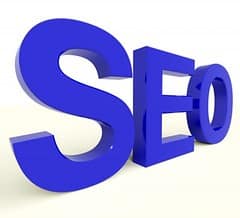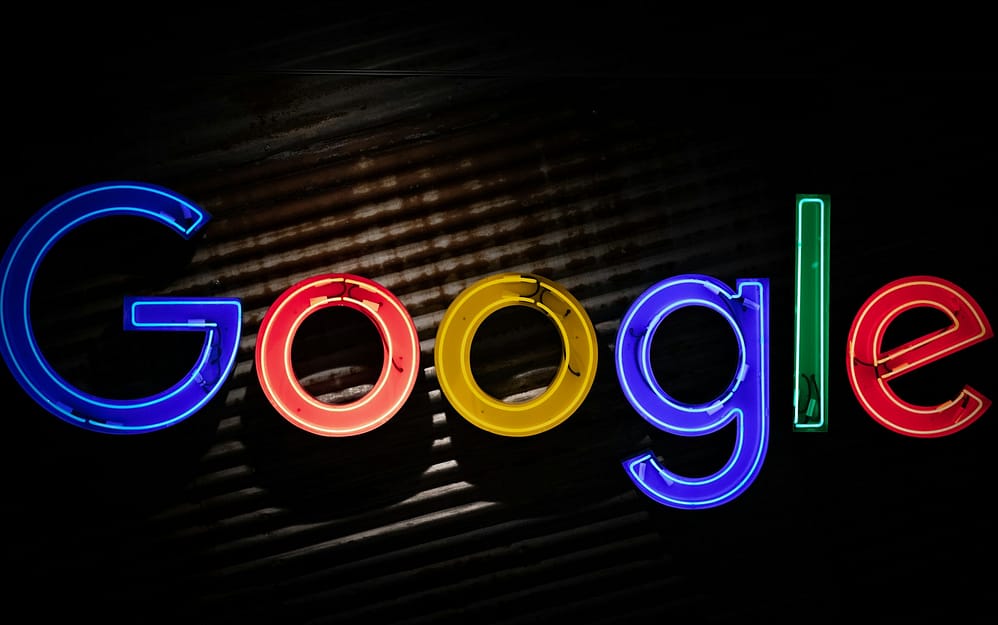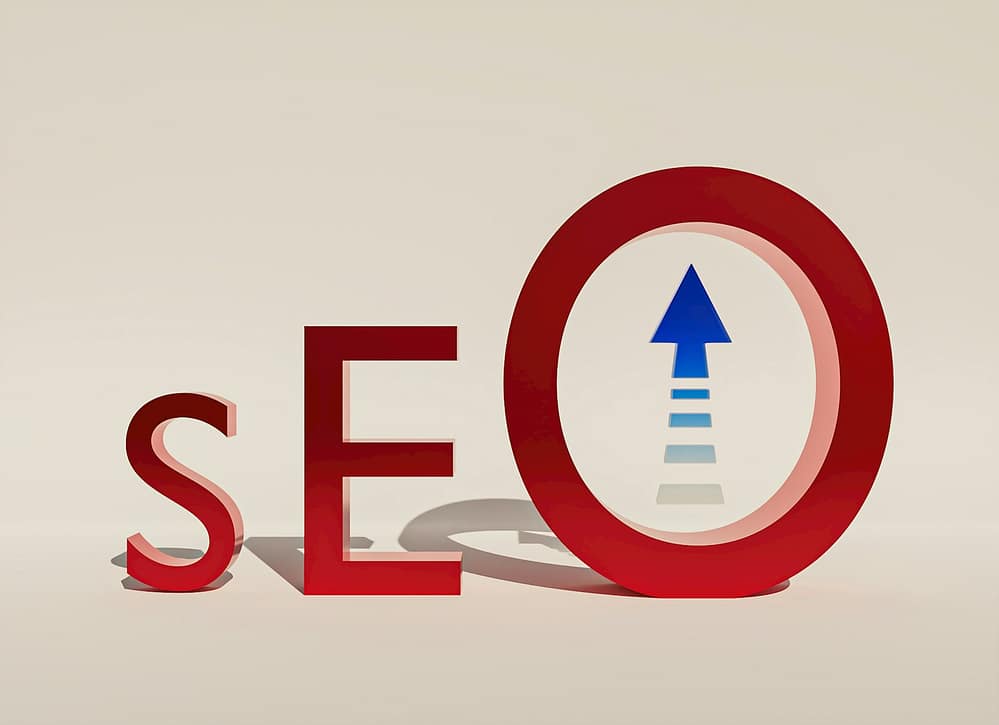What is marketing? A Fun & Beginner-Friendly Guide to Marketing & SEO
If you’ve ever wondered why that one coffee shop in your neighborhood is always full, while another one down the street is so quiet you can hear the sugar packets settling… The answer is probably marketing.
In 2021, when I first learned about marketing, I thought it was just people with loud voices trying to sell me toothpaste. Spoiler: it’s way more than that.
Table of Contents
Marketing has been around forever—way back when merchants yelled about their fish in crowded markets (and hopefully didn’t smell like them). Today, we’re not shouting in the streets; we’re showing up on Google’s first page, sliding into Instagram feeds, and making you think, “Wow, I didn’t know I needed this… but now I do.”
At its core, marketing is about connecting your product or service to the right people and convincing them to take action—buy, subscribe, share, or just think you’re awesome.
And in today’s world, marketing and Search Engine Optimization (SEO) are like peanut butter and jelly: delicious alone, but magical together. Marketing gets the word out. SEO makes sure the word gets found.
Marketing: The Real Definition (No Corporate Jargon Here)
Marketing isn’t just “selling stuff.” It’s about:
- Knowing your audience—what they love, hate, and secretly Google at 2 a.m.
- Creating solutions—products or services that make their lives better.
- Telling the right story—so they see why you are the best option.
Example: If you run a gluten-free bakery, you’re not just selling bread—you’re selling peace of mind to people who thought bread hated them.
I remember walking into a gluten-free store for the first time in 2014;and staring at the bread like it was a rare Pokémon. Marketing had convinced me this was ‘life-changing,’ and honestly… it kind of was.
The Many Flavors of Marketing
Think of marketing like ice cream—lots of flavors, and you can mix them:
- Traditional Marketing – TV, radio, billboards, print ads. Old school, but still tasty.
- Digital Marketing – Social media, email, online ads, and blog content (SEO’s playground).
- Inbound Marketing – Attracting people with great content instead of chasing them down.
- Outbound Marketing—The “knock-knock, please notice me” of marketing: cold calls, spammy emails, and pop-ups.
Pro Tip: If you’re starting out, a scoop of digital + a scoop of inbound is usually the winning combo.
When I first tried digital marketing in 2016, I boosted a Facebook post for $5 and thought my website would crash from the traffic. Only three people clicked, and one was my cousin. Lesson learned.
SEO: The Spotlight for Your Marketing Show
Imagine your marketing is a Broadway performance. Without SEO, the lights are off and the curtains are closed.
True Story: A small Lagos shoe store ditched the “hope-and-pray” method and optimized for search terms like “affordable sneakers in Lagos.” Within four months, traffic jumped 300%—and not from their mom visiting the site every day.
My first time in 2015, I once launched a blog without SEO and couldn’t even find it on Google when I typed the exact blog title. Talk about invisibility powers I didn’t want.
Content: The Magical Bridge Between Marketing and SEO
Content is where the magic happens. Without it, SEO has nothing to optimize. Without SEO, your content is like singing beautifully in the middle of the desert.
Good content is:
- Relevant—solves your audience’s problems.
- Optimized—blends keywords smoothly so it reads like real writing.
- Entertaining—because nobody bookmarks boring.
I learned this the hard way when I wrote a super serious post on website hosting. Even I couldn’t finish reading it without yawning. When I rewrote it with jokes and examples, suddenly people shared it.
Example: A travel agency posted “10 Affordable Beach Resorts in Nigeria,” targeting “cheap beach resorts Nigeria.” Now they’re booking more trips than a passport office.
Market Research + Keyword Research = Superpowers
Before you spend a dime on marketing, you need to know:
- Who your audience is.
- What they’re searching for.
Market research is your audience’s diary. Keyword research is their Google search history.
I once wasted two weeks writing about a keyword no one searched for. It felt like throwing a party and realizing no one even knew I existed.
Tip: If “best laptop for graphic design 2025” gets more searches than “affordable laptops for designers,” guess which one you should write about?
Your Brand + SEO = A Power Couple
Marketing builds your brand’s personality. SEO makes sure people actually meet that personality.
Strong online presence =
- Same voice everywhere (website, socials, emails).
- Trust signals like reviews and secure websites.
- Being seen so often, people start to think of you like an old friend (a non-annoying one).
Analytics: Because Guessing Is Not a Strategy
Numbers don’t lie. Analytics shows you what’s working and what’s flopping like a bad dance move.
I remember refreshing my analytics every five minutes like it was stock trading. Spoiler: my site didn’t suddenly skyrocket in traffic just because I stared at the numbers harder.
Example: If you’re sitting at #8 for “best kitchen gadgets 2025,” updating the post with new tips and pictures could shoot you into the top 3—where the traffic (and money) is.
Social Media and SEO: The “It’s Complicated” Relationship
Social media doesn’t directly boost your Google rank… but it makes people talk, click, and share—which does help your SEO.
Example: A fitness coach posted short workout clips on Instagram, linked them to their blog, and watched their Google ranking climb faster than a HIIT workout heart rate.
Paid Ads vs. SEO: The Sprint vs. the Marathon
- Paid Ads—Fast results, but stop the second your budget runs out.
- SEO – Takes longer but keeps paying you back for months (or years).
Example: An online store stopped running ads but still made sales from old SEO blog posts. That’s the magic of playing the long game.
I still love SEO because it feels like planting seeds. Ads feel like renting attention, but SEO feels like building a garden where people keep showing up.
Don’t Just Get Visitors—Get Customers
Traffic is nice, but paying customers are better. Convert them by:
- Using clear calls-to-action (no “Click Here If You Want Maybe Something?” nonsense).
- Making your site mobile-friendly and speedy.
- Showing reviews so real people vouch for you.
Example: An online course site added student testimonials and clearer CTAs—sign-ups shot up by 40%.
Local Marketing + Local SEO = Small Biz Gold
If you serve a specific location, this is your sweet spot.
- Local Marketing – flyers, events, partnerships.
- Local SEO – enhancing your Google My Business profile and using “near me” search phrases.
Case Study: A Lagos salon targeting “best hair salon in Lagos” climbed into the top 3 on Google Maps in just six weeks, doubling its foot traffic.
Marketing and SEO Throughout the Customer Journey
- Awareness – “Oh, this brand exists.”
- Consideration – “They might be the right choice.”
- Decision—”Take “my money already!”
The Gift That Keeps Giving: Long-Term SEO
SEO is like planting a tree—it takes time to grow, but once it does, it keeps giving shade (and sales).
Example: A fintech blog post from 2023 still pulls 5,000 visits a month in 2025 thanks to small updates and good SEO.
Challenges You’ll Face (But Can Beat)
- Google changes its mind more than a teenager picking an outfit. Once, Google updated its algorithm right after I finally ranked on page one. It felt like cleaning the whole house only for someone to spill juice everywhere.
- Popular keywords are crowded.
- It takes expertise to write content that engages humans and ranks well in search engines.
The Future Is Exciting (and a Bit Sci-Fi)
Keep an eye on:
- AI-powered personalization.
- Voice search (yes, people are literally talking to their fridges now).
- Visual search tools like Google Lens.
Early adopters will win.
Final Thoughts
Marketing is telling your brand’s story. SEO makes sure your message reaches those who matter. Alone, they’re powerful. Together, they’re unstoppable.
Think of it like this: marketing is the invitation to the party, and SEO is making sure it shows up in everyone’s mailbox.
If you’re just starting, don’t stress. I made every mistake you can imagine—wrong keywords, boring posts, even forgetting to add links. But each flop taught me something, and that’s how marketing works: test, fail, laugh, try again.
Hi, I’m Prince Stephen Mordi, the mind behind Voob.com.ng. I write simple, beginner-friendly guides on tech, blogging, and making money online. My goal is to help you navigate the internet without headaches—because tech doesn’t have to be complicated!




